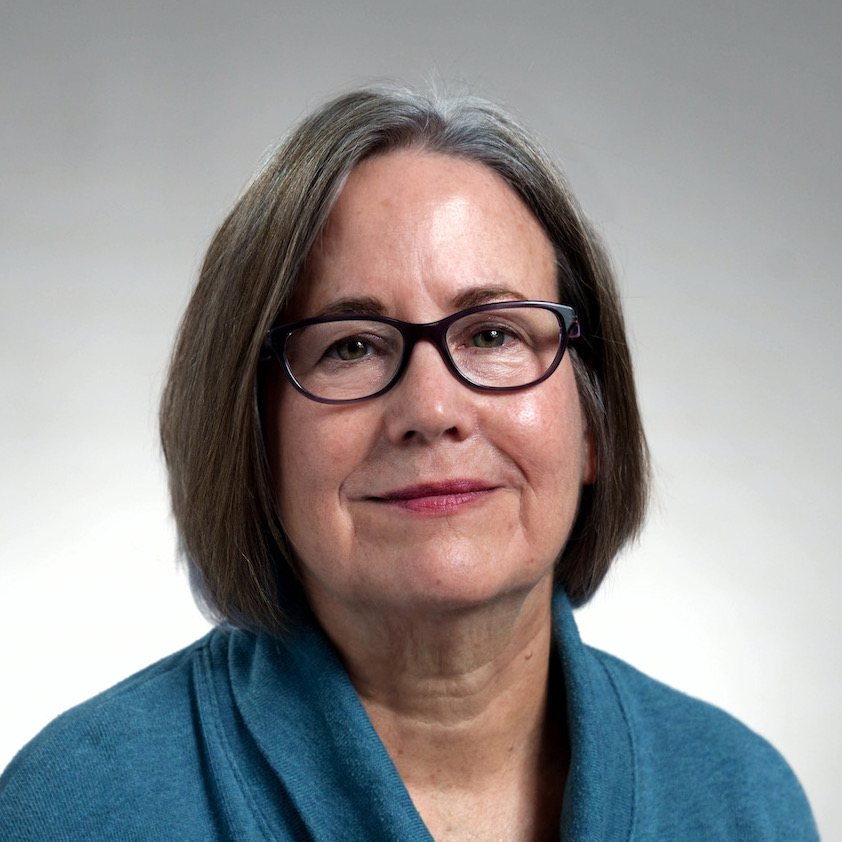
AHCJ is protesting the Food and Drug Administration’s recent restrictive practices in handling news embargoes and has asked the agency for clarification of its policies.
In an Oct. 11 letter to Jason Young, the FDA’s acting assistant commissioner for media affairs, AHCJ President Karl Stark raised strong objections to the practice of providing embargoed information on the condition that reporters refrain from seeking outside comment until the embargo lifts.
“We have long objected to this practice as a hindrance to reporters’ ability to fully inform the public,” Stark wrote.
Embargoes typically involve an agreement between a reporter and a source intended to allow more complete reporting. The group releasing information or data picks the date and time that it will be made public, and reporters are given an advance look and an opportunity to interview experts as long as they promise to delay publication or broadcast until the embargo lifts.
“Every major medical journal allows such reporting. Anything else reduces reporters to stenographers,” the letter said.

But so-called “close-hold embargoes” undercut the purpose of embargoes by not allowing additional research while still requiring the story be withheld until a certain time.
A recent Scientific American article, “How the FDA Manipulates the Media” by AHCJ member Charles Seife, details several instances in which a select group of reporters were given access to information provided they don’t seek anyone else’s viewpoints until the embargo lifted.
AHCJ has fought this battle before. In 2011, the organization protested an instance in which the FDA had required a close-hold embargo. After much discussion, FDA agreed in writing that pre-embargo reporting would be allowed. But since then the agency has reverted to using close-hold embargoes. “We are distressed that the FDA has reneged on this agreement,” Stark wrote.
The FDA’s Young acknowledged receiving Stark’s letter moments after it was sent, called the issue “important,” and promised a response.










